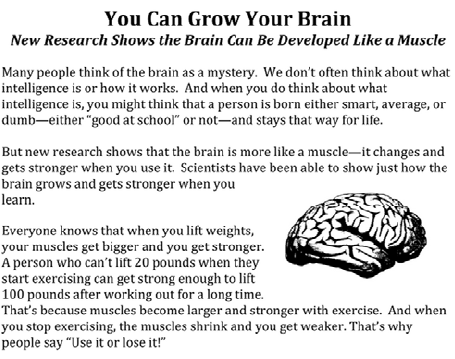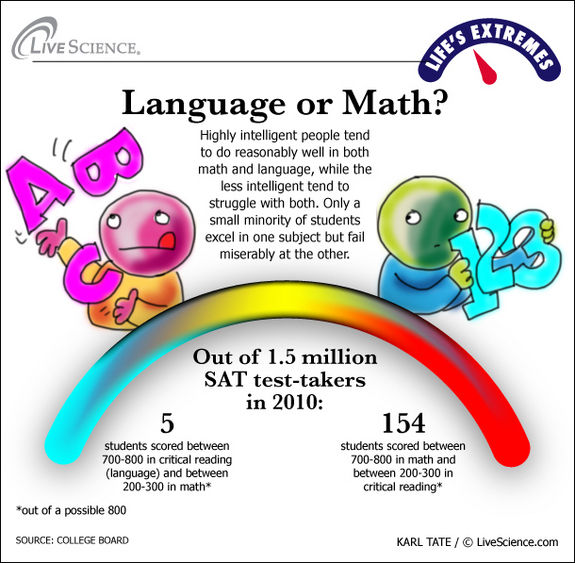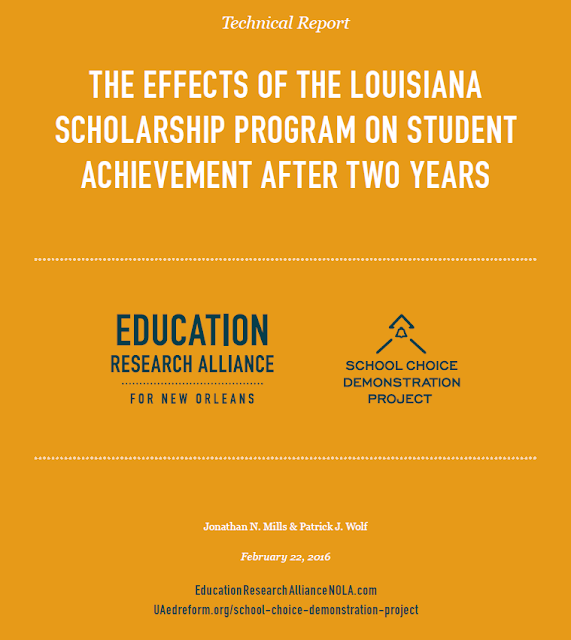The True Cause of Drug Addiction

Prof. Arnold Guloy, also an alumnus of Manila Science High School, brought to my attention with his Facebook post an article posted last year on the Huffington Post . The article, "The Likely Cause of Addiction Has Been Discovered, and It Is Not What You Think", talks mainly of the work by Prof. Bruce Alexander on rats. In " The effect of housing and gender on preference for morphine-sucrose solutions in rats ", published in 1978 in the journal Psychopharmacology , Alexander and coworkers found that "isolated rats drank significantly more of the opiate solution, and females drank significantly more than males." More than thirty years later, researchers in Israel, arrived at a similar conclusion. In " Social isolation increases morphine intake: behavioral and psychopharmacological aspects ", Raz and Berger found that "rats housed in short-term isolation (21 days) consumed significantly more morphine solution (0.5 mg/ml) than rats living in pa...













